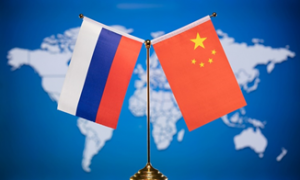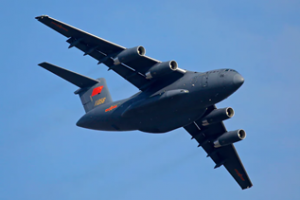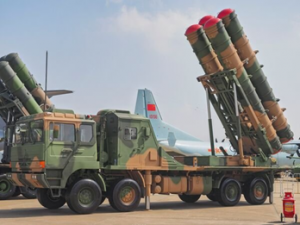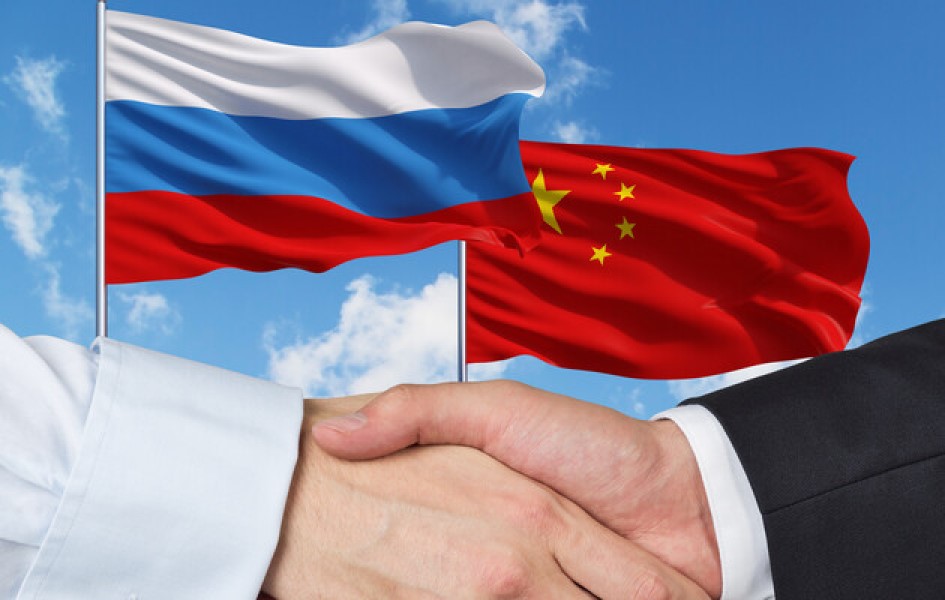China’s stance on Russia’s war against Ukraine has long been clear. It has been reflected in Chinese official statements since late February. Their position is about pragmatic neutrality with an anti-American agenda.
In short, China will support, albeit in a veiled way, anything that goes against U.S. policies. From the outside, it may seem that China and Russia are allies ready to go shoulder to shoulder, but the war in Ukraine and the Western isolation of Russia offers China huge opportunities: economic and financial leverage over Russia, and potential strengthening of Beijing’s influence on Moscow.
The Chinese don’t need a powerful Russia that is winning the war. What they truly need is an obedient junior partner who could be burdened with part of the efforts China is undertaking on its own anti-Western front.

Late last week, six Chinese Air Force Y-20 cargo planes were seen flying over Serbian territory and later – sitting at Belgrade’s Nikola Tesla Airport. Although the Serbian Ministry of Defense did not returned media inquiries about any deliveries, some experts believe there is every reason to talk about a secret agreement struck between the parties. Meanwhile, it is widely known that Serbia is a longtime Russia ally.

Later it turned out that Beijing secretly delivered to Belgrade its hi-end HQ-22 anti-aircraft missile systems. In addition, Chinese aircraft crossed the airspace of at least two NATO allies – Turkey and Bulgaria, in what is seen as a demonstration of China’s growing global influence.

Against the backdrop of the failure of Russia’s so-called “special operation” in Ukraine, Beijing, at Moscow’s request, is arming Belgrade to escalate the conflict in other regions, in order to weaken Europe and minimize military assistance to Ukraine. It is possible that by arming Serbia, Russia and China could push the Balkan nation into a new war, primarily against its former province of Kosovo, which declared independence in 2008.
To avoid a split in the West, NATO and the EU should expand their arms supplies to Kyiv and keep their eyes on countries that have so far avoided imposing Russia sanctions and refused to provide assistance to Ukraine, the country which today is a bastion of European security.
Beijing prefers to play its game in the dark, therefore, as soon as Russian aggression in Ukraine is suppressed, China will for a while set its plans for global influence redistribution aside.

